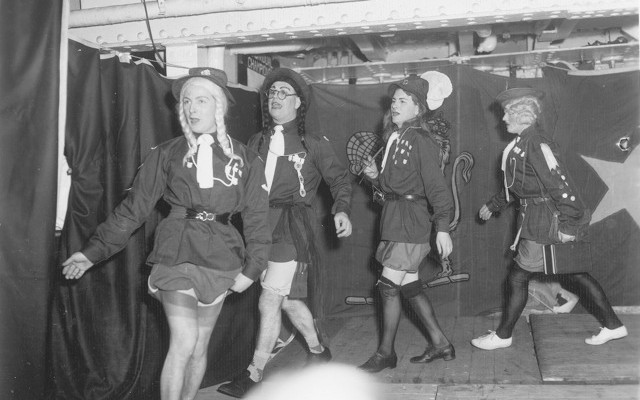by Robin Hendriks Anthony Tibbles does not like to leave shots unfired. In his article “Hello Sailor! How marine museums are addressing the experience of gay seafarers”, he gives a thorough breakdown of the problems with representation in maritime museums. The histories of women, queer people, and slavery have been largely untold. Only recently have […]
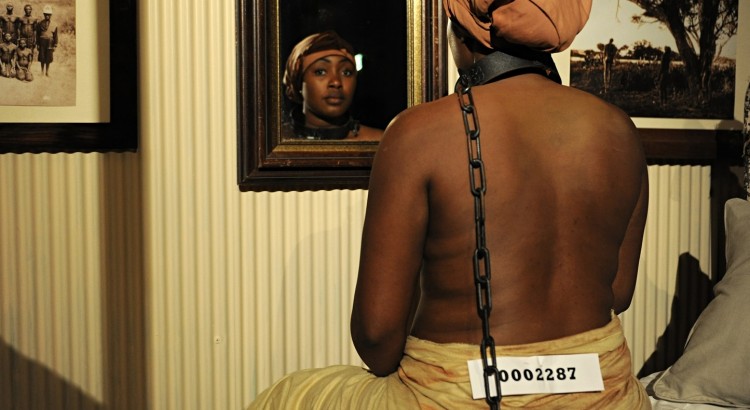
The Proactive Museum and the Public
By Circe de Bruin The nature of the decision-making process conducted for an museum exhibition has changed, observes Mark Liddiard in his essay “Changing Histories: museums, sexuality and the future of the past”. Based on interviews with staff and visitors of local, national and independent museums in the UK he describes the following trend: […]
Sex Sells
By Kevin Schram Sexuality in museums. A topic discussed in the last part of Mark Liddiards research essay ‘Changing Histories: Museums, Sexuality and the Future of the Past’ on the changes occurring in museums, concerning technologies and attitudes towards the past. He argues that questions should be asked about the identity and direction of museums […]
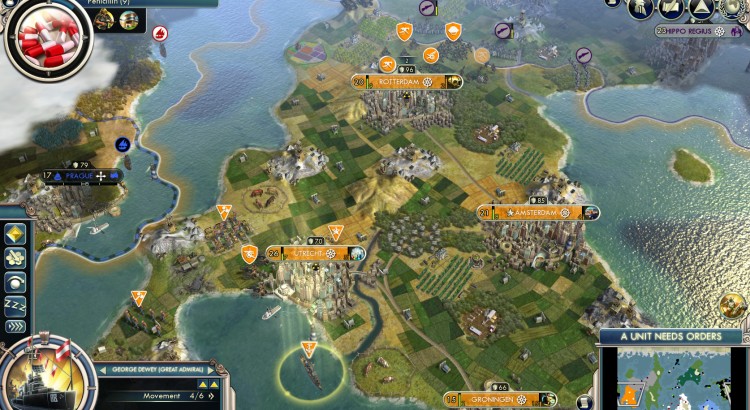
Age of Empires in the Classroom
By Ruben Messelink As a kid I spent hundreds of hours playing Age of Empires. Sometimes alone. Sometimes with my friends; competing with eachother during so called LAN-party’s. We bought a lot of chips and booze, brought or laptops and played from sunset till sunrise. The use of historical games as education The game introduced […]
Oral History: New Possibilities, Old Concerns
In the article ‘Telling Stories: A Reflection on Oral History and New Media’, oral historian Steven High explores some new technologies that have changed the methods of oral history (anno 2010). High argues, as does Michael Frisch, the authority with regard to oral history, that oral history is more than an interview and its transcription […]
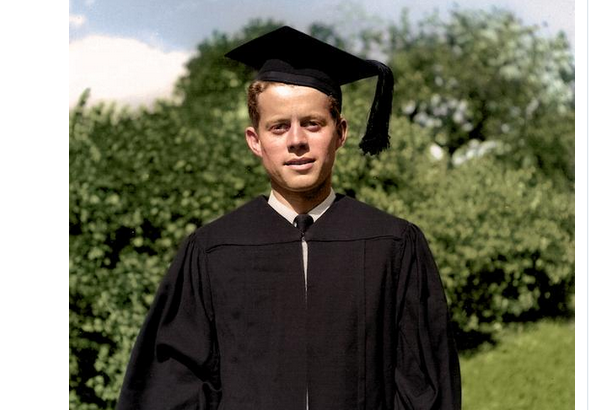
Creating interest or context?
By Corine Bossink Who haven’t heard of them? Twitter accounts or Facebook pages who pretend to present ‘history’, posting ‘historical’ pictures, like @HistoryInPics. In February 2014 they had 1.02 million followers, which expanded to 2.62 million nowadays [1]. They even have a Tumblr, Instagram and Facebook page. In other words, they are amazingly popular. […]
A historical façade or historical experience?
“These accounts strip history of the truly fun parts: curiosity, detective work, and discovery” states the academician Rebecca Onion in ‘Snapshots of History’. Her plea focuses on the argument that widely popular Twitter accounts with historical pictures or photographs are bad for understanding history and therefore bad for people. They are failing to provide context […]
Doing History
The article “I nevertheless am a historian’: Digital Historical Practice and Malpractice around Black Confederate Soldiers” by Leslie Madsen-Brooks centers about the idea that more and more non-academic employed historians are ‘doing’ history and that this is not a bad thing. It is stimulating and it gives hope that so many people want to engage […]
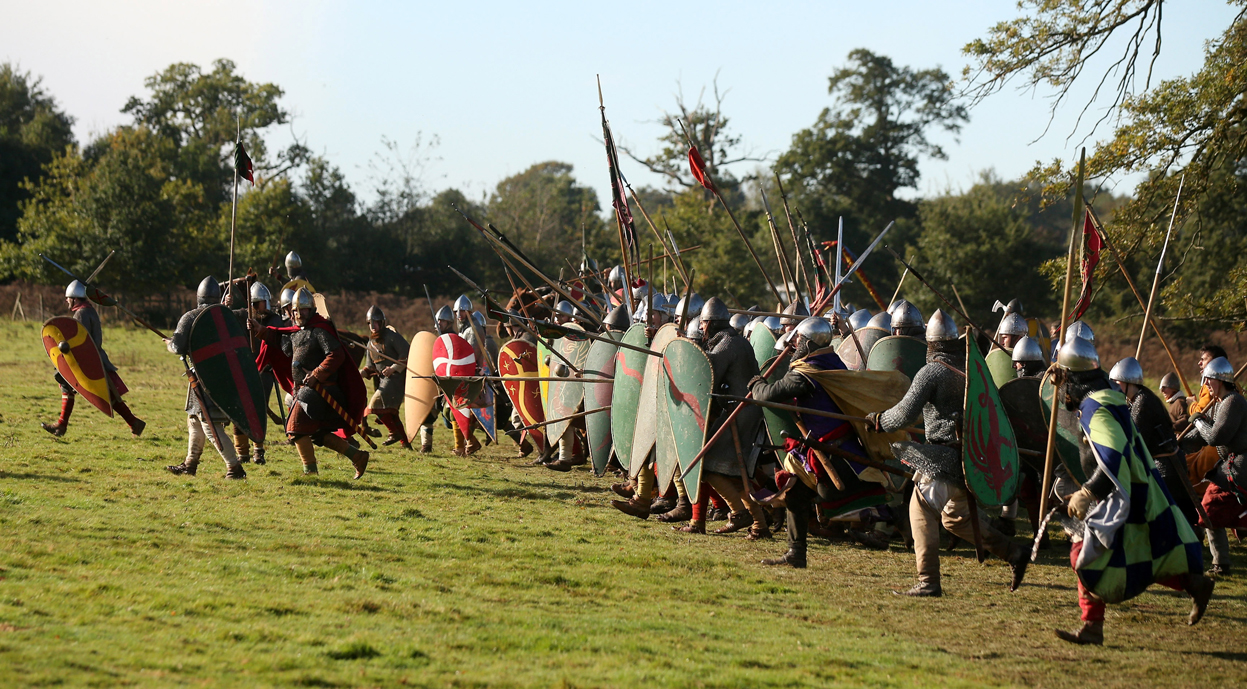
Historical reenactment: playtime or education?
By Babette Smits van Waesberghe From across the hill an uproar can be heard. Metal on metal, shouting and yelling, the ground shaking. The sun can barely break through the clouds, but when it does it illuminates the scene in a golden glow; two armies fighting each other, men holding swords and shields, carrying banners and […]
Crowdsourcing: the pros, the cons and the possibilities
By Marlinde Venema The term ‘crowdsourcing’ has become increasingly more popular in academic and mainstream media, because more and more businesses seem to take to the idea. The concept of crowdsourcing, that holds that commercial enterprises and scientific institutes turn to the public for (online) input in their ventures, has been a source of interest […]
